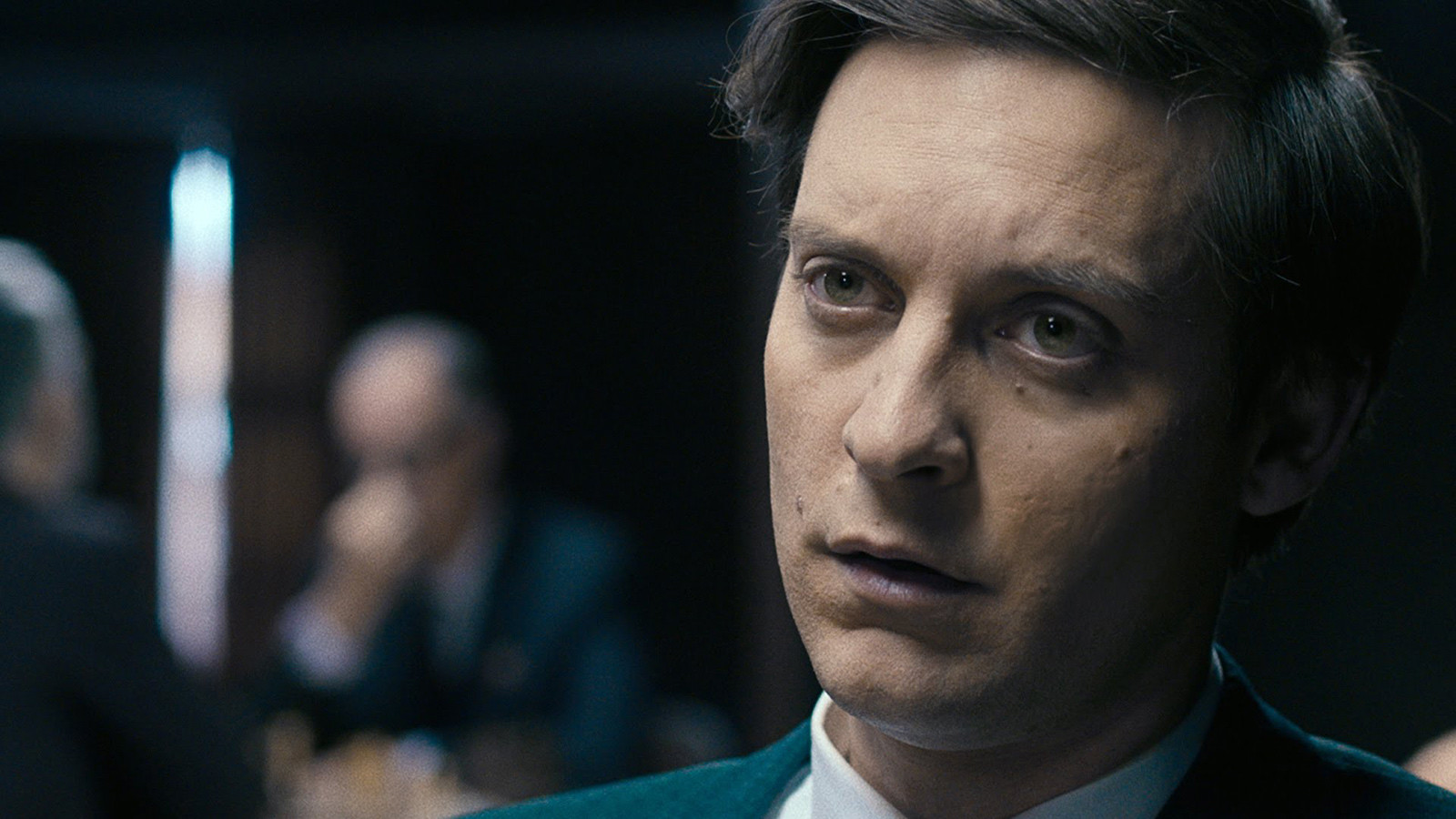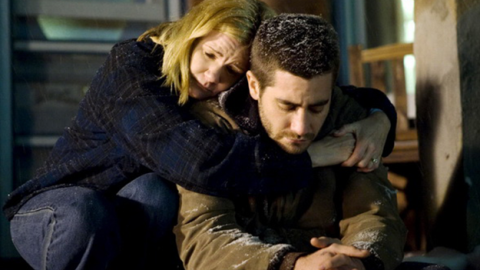
Short Takes: Pawn Sacrifice
Bobby Fischer was a chess grandmaster at 15, world champion at 29, and a source of fascination in later years. But despite several documentaries (and 1993’s Searching for Bobby Fischer, which only used the never-shown Fischer as a symbol), no major biopic of the Cold War icon and reclusive prodigy has been produced until now. Edward Zwick’s Pawn Sacrifice attempts to capture the genius, psychosis, and cultural impact of Fischer (an unconvincing Tobey Maguire), but fails in two fundamental ways.

The first problem lies in the perceived necessity, also inherent to artist and writer portraits, of dramatizing his chair-bound exploits in real time. Steven Knight’s script withholds the nuances and deeper significance of chess, presenting it as generic indoor combat explicated through sound design (clacks on the board, ticks of the timer) and statistical abstraction. In the end, chess is just the MacGuffin—the thing we’re told Fisher does better than anyone else, and ours is not to reason why.
Worse still, Zwick provides no shading or subtext to Fischer’s ill-defined disorder, leaving us with a bland retread of the paranoid visionary template familiar from The Aviator and A Beautiful Mind. More intriguing is the insinuation, through the tics of Fischer’s rival Boris Spassky (the film’s real MVP, Liev Schreiber), that chess itself might be responsible for unhinging brilliant minds. But in executing a predictable narrative strategy, Zwick effectively gives away all of his moves in advance.




